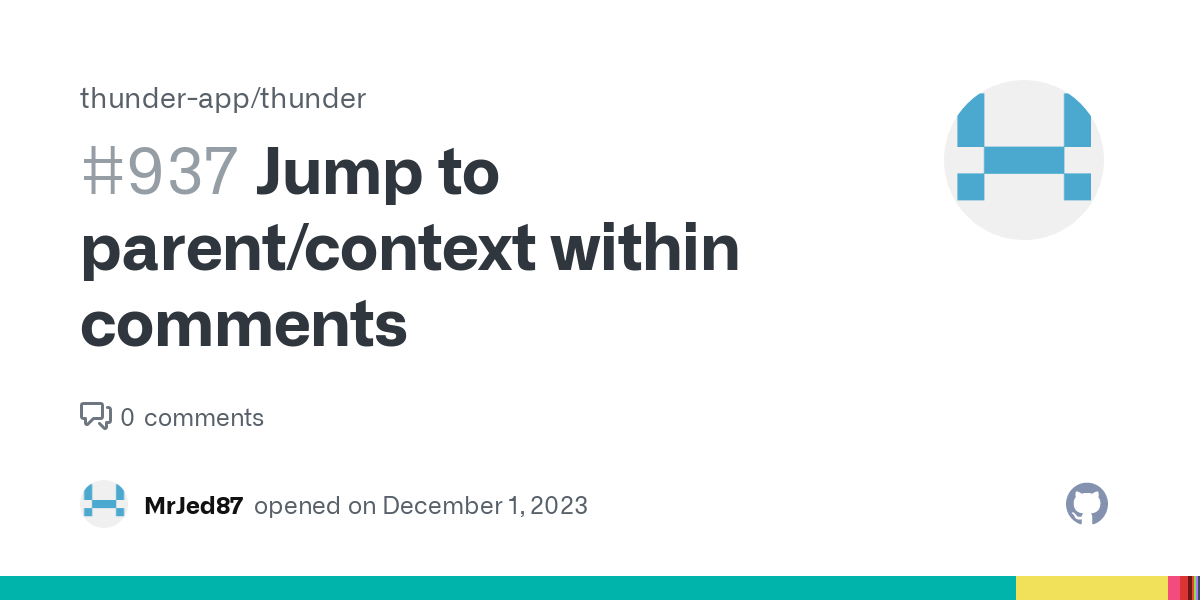And which do you think Australia is?
Robust Mirror
- 1 Post
- 20 Comments

 1·7 months ago
1·7 months agoPlayStation making you pay for their highest sub tier just to access demos.
But then I’ll miss important plot points! How can I understand how they got into that position without the context!?

 7·7 months ago
7·7 months agoIf someone doesn’t know the answer to something and they guess, or think they know the answer but don’t, they are wrong. If they do know the answer and intentionally give a wrong answer, they are lying.
If someone is in a competition or playing a game and they break a rule they didn’t know about, they made a mistake. If they do know the rules and break it, they are cheating.
Lying and cheating fundamentally requires intent. This is important no matter what you’re referring to. If a child gets something wrong, you should not get mad at them for lying. If they make a mistake in a game, you should not acuse them out cheating. There is a difference and it matters.
ChatGPT literally cannot think. It’s not sitting around contemplating it’s existence while waiting for inputs. It’s taking what you say, comparing that to everything that it’s been trained on, assigning a bunch of statistics, and outputting something based on more statistics that hopefully is correct and makes sense.
It doesn’t know if it makes sense. It doesn’t “know” anything. It’s just an incredibly sophisticated version of “if user inputs ‘Hi how are you’, respond ‘I am well, how are you?’”.
It can’t do things with intent. Therefore it cannot lie or cheat. It can simply output wrong or problematic text based on statistics.

 5·7 months ago
5·7 months agoIn fairness, it was never legal to make thousands of copies of that VHS tape and hand them out en masse. Which is how you’re getting it when you download it, from someone doing exactly that.

 1·7 months ago
1·7 months agoSure thing, thanks for letting me know, here it is: https://github.com/thunder-app/thunder/issues/937
Let me know if you need anything else. Thanks again for the great app.

 121·7 months ago
121·7 months agoI had a teacher in high school tell us that glass is an incredibly slow moving liquid, and that’s why on really old buildings the glass is thicker at the bottom, because it has flowed and “pooled” like that.
I believed that for a good number of years and even repeated it a few times before finding out that no, it’s not, and the reason some old glass is like that is simply because of the manufacturing process at the time, and that it was simply installed thick side down for aesthetic reasons, and that you can actually find old glass that is thicker at the side or top because it was installed differently.
Probably something like pronounce or proclaim.

 2·7 months ago
2·7 months agoOK ok, what if I tone it down to, I still have to make it, but it will always be perfectly done, never over or under rcooked what I intended.

 12·7 months ago
12·7 months agoIf I had a supper power, it’d be the ability to conjure the most delicious and satisfying meals instantly.
You say pickle like peekle?

 1·7 months ago
1·7 months agoYou could implement this for some shows and movies, but there’s one big problem. Disney shouldn’t have exclusivity rights to their own IPs? Netflix should have to give everyone else the shows they pay for and produce?
I get where you’re coming from in theory, but in practice it doesn’t make sense. It would be like saying Nintendo must release their games on xbox and playstation.
Active user count is probably the single most important metric to whether a platform is successful and stays alive. Even above quality of content, as proven by many other social media platforms that thrive despite being flooded with trash content.
No one wants to hang out in a ghost town.

 30·8 months ago
30·8 months agoThey also have hydropower which provides a constant base load, and basically they have just heavily optimised their distribution of power to be very efficient. In emergencies they are also able to import power from neighbouring countries.
But only if you feed its body.
Yeah but from an every day perspective you’ve basically got 250 or so units there for no reason.

 7·1 year ago
7·1 year agoI understand supporting devs, I bought RIF years ago, but personally I couldn’t imagine paying a monthly fee just to use reddit, regardless of who gets the money.

 61·1 year ago
61·1 year agoCouldn’t agree more.





I’d argue the earliest humans probably traded sex for protection via having a partner, which isn’t a resource or really a job anymore than “husband” would be considered a job.